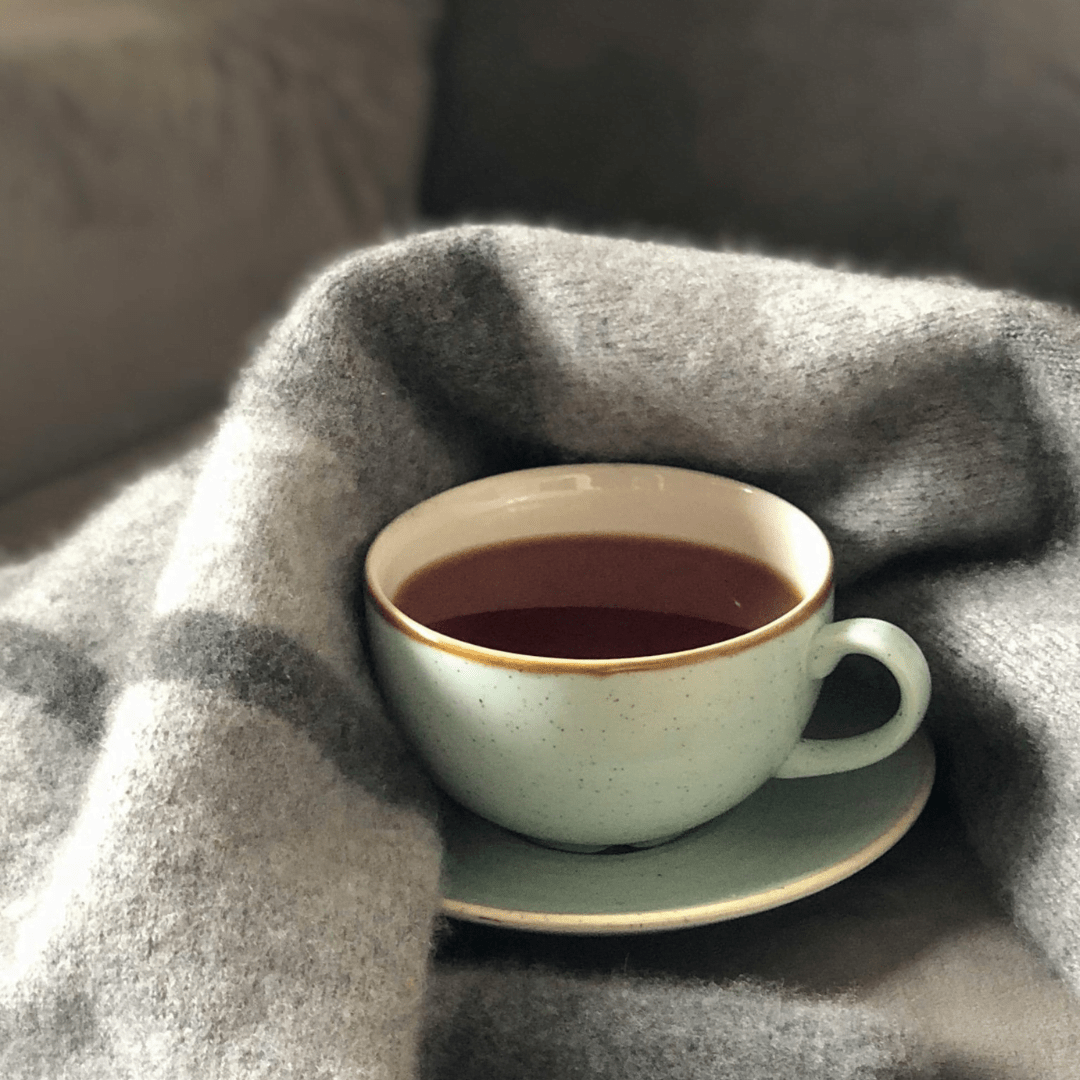Are you struggling to get a good night’s sleep?
Well, you’re not alone.
We’ve all been there – lying in bed, tossing and turning, unable to silence our racing thoughts for hours. It’s like a never-ending battle between our minds and a good night’s sleep.
The worst part comes the morning after, when you wake up feeling completely drained, as if you’ve got a hangover without the fun of the night before.
I struggled with sleepless nights for over a year, blaming my husband for all his thunderous snoring. But, even after he started using a CPAP machine, I still couldn’t catch a wink of sleep! I thought, “What on earth is wrong with me?!”
So, I changed a few things around in my life to see if it would work. And, it did. I had only one coffee a day, gave up alcohol, started eating a clean diet, exercised more and had a nice warm bath in the evenings.
I know, it may seem like a lot, but for me, the effort put in was well worth the countless sleepless nights.
So…
The key to a restful night’s sleep can be relaxation techniques, or a combination of a few things from this list below.
Most of these relaxation techniques help to relax us and signal to our brains that it’s time to wind down. They calm our minds and bodies.
Try incorporating a few of these relaxation techniques to see what works for you the best, because we all deserve a good night’s sleep.
Table of Contents
Relaxation Techniques for Sleep
No 1. Progressive muscle relaxation
Start by tensing and then releasing each muscle group in your body, starting from your toes and working your way up to your head. This can help release tension and induce relaxation.
No 2. Deep breathing
Practice deep breathing exercises to calm your mind and body. Inhale deeply through your nose and your lower belly, hold for a few seconds, and exhale slowly through your mouth. Do this for at least 2 minutes.
No 3. Visualization
Imagine yourself in a peaceful and calming place, such as a beach or a forest. Focus on the sights, sounds, and sensations of this place to help quiet your mind and promote relaxation.
No 4. Guided meditation
Listen to a guided meditation or mindfulness app to help calm your mind and body before bedtime.
No 5. Aromatherapy
Use essential oils such as lavender, chamomile, or cedarwood to create a relaxing atmosphere in your bedroom. You can diffuse the oils, add a few drops to a warm bath, or use a scented pillow spray.
No 6. Warm bath
Taking a warm bath before bed can help relax your muscles and prepare your body for sleep.
No 7. Avoid screens
Turn off your electronics such as phones, computers, and TVs at least an hour before bedtime, as the blue light emitted by these devices can interfere with your body’s natural sleep-wake cycle.
No 8. Create a bedtime routine
Establish a consistent bedtime routine that includes relaxing activities such as reading, listening to calming music, or practicing gentle yoga stretches. This can signal to your body that it’s time to unwind and prepare for sleep.
No 9. Limit sugar, caffeine and alcohol
Avoid consuming sugar, caffeine and alcohol close to bedtime. These substances can interfere with your ability to fall asleep. You may even have to stop by noon everyday like me.
No 10. Change your meal times
Eat your larger meals during the day and a light supper so that you avoid heavy, rich foods that cause indigestion.
No 11. Exercise daily
Get regular exercise each day, but avoid vigorous movement close to bedtime.
No 12. Keep your bedroom cool, dark, and quiet
Create a comfortable sleep environment by keeping your bedroom at a cool temperature, using blackout curtains to block out light, and using earplugs or a white noise machine to drown out any disruptive noises.
Thank You Credits: Photo by Olga Mironova on Pexels.
Discover more from The Unscripted Femme
Subscribe to get the latest posts sent to your email.

